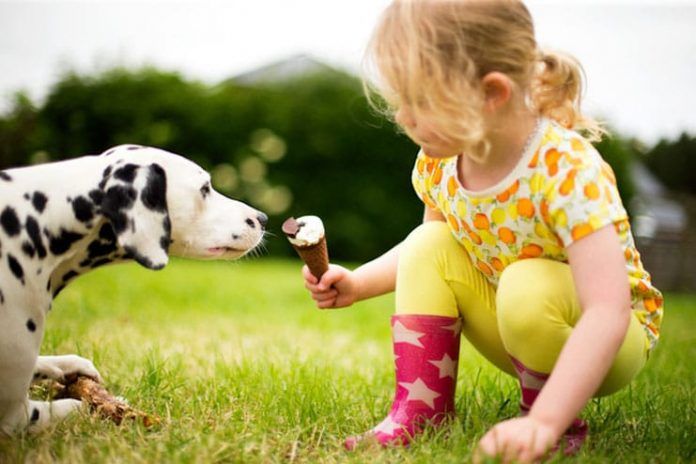Affiliate Disclaimer
Some links in this article are affiliate links. We may earn a small commission if you make a purchase through these links, at no extra cost to you. We only recommend products we find useful to our readersWe often hear that being kind to someone doesn’t cost you anything but can make you feel better about yourself. While the feeling of happiness from any event is temporary and tends to fizzle out over time, it is believed that the happiness from the act of giving is definitely something that lingers around for a longer period of time.
A new study (R) conducted by the researchers from the Association for Psychological Science have found a little difference to the hedonic adaptation when it comes to the act of giving to others. The study completely focused on the act of giving others something and assessing the reaction to the same over a period of time.
The study is consecutive compilation of two studies which have been conducted by Ed O’Brien from the University of Chicago Booth School of Business and Samantha Kassirer from the Northwestern University Kellogg School of Management. In the consecutive studies, the researchers found a lack of decline or even a very slow decline in the feeling of happiness in comparison to when they were the ones receiving the same gifts themselves.
Owing to the conclusions they recorded, O’Brien clarified stating that while the previous studies might have stated that we need to take a break from what we are doing to be able to experience a new form of happiness; their new findings tend to explain something else. He believes that the act of giving even if it’s in identical ways to identical others may actually end up feeling rather fresh and pleasurable irrespective of anything.
In one subsequent experiment, several University students were given $5 consecutively for 5 days. The students were then asked to spend their money on the same thing every single day. They were also provided with the option to spend the money either on themselves or give it to someone else. Some options included either donating to a charity or giving to someone’s tip jar. The participants were then asked to reflect on their spending and on the overall happiness at the end of each day.
The cumulative data from 96 participants were then recorded and the results were exactly what the researchers thought it would be. The students who experienced self-reported happiness by spending them money on themselves experienced a steady decline in the level of happiness by the end of the fifth day. On the other hand, the participants who gave it away to someone else had a steady level of happiness right from the first till the last day.
Both O’Brien and Kassirer then performed a second experiment online to record a stable and steady result. In this experiment, 502 participants played 10 rounds of a puzzle game and were awarded with $0.05 for each win. The participants had the choice of either keeping the money or donating the same to a charity. Following the completion of each round, the participants disclosed the amount of happiness and joy they felt after each round.
Similarly, the self reported happiness for the people who gave their money away declined quite slowly in comparison to the ones to kept the money for themselves.
On performing further analyses on the subject, the researchers found that one possible explanation for the sustenance of the happiness could be because of the fact that the people who give their money away need more time to decide what and where they are going to give the money away to. Even O’Brien stated that the reason behind the gradual decline of happiness was still unknown to them and that they are on the lookout for the same.
One possible explanation that the researchers believe is that when the situation is about “get”, people tend to focus more on the possible outcomes and draw comparisons which tend to end up diminishing the sensitivity to that specific experience. On the other hand, when it is a situation of “give”, people tend to blur out the lines of comparison, which makes the happiness sustain longer.
Yet another possible reason could be the fact that giving something to someone reinforces our prosocial reputation, making us feels like we belong and have a better social life which is what one needs to keep their heart content throughout. O’Brien further stated that they are currently working on testing out the repeated conversation and social experiences to find their impacts on happiness like the act of giving.



















